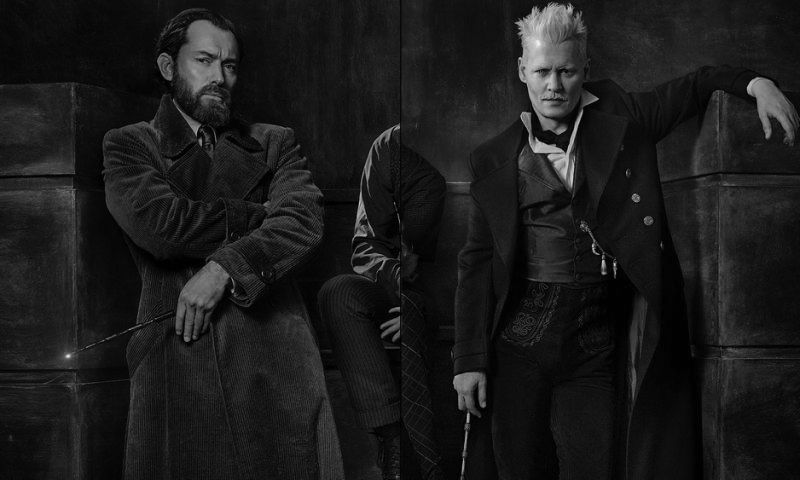Petrificus Totalus
The Full Body-Bind Curse, known by the incantation “Petrificus Totalus,” is a spell that paralyzes the victim, rendering them immobile. The curse is often used to immobilize opponents without causing them harm.
Petrificus Totalus /pɛˈtrɪfɪkəs təˈtæləs/ noun
Petrificus Totalus in the Wizarding World
- Effect: Causes the victim’s body to become rigid and paralyzed.
- Type: Hex
- Counter-Curse: “Finite Incantatem” or “Rennervate” may be used to reverse the effects.
- Difficulty: Considered to be an intermediate-level spell.
History of Petrificus Totalus
- Usage: Used by wizards and witches in duels or to subdue opponents without inflicting pain or injury.
- Known Incidents: Used on various occasions in the Harry Potter series, such as by Hermione Granger on Neville Longbottom in “Harry Potter and the Sorcerer’s Stone.”
People Also Ask
- Is Petrificus Totalus legal?
- Can Petrificus Totalus be used on animals?
- How do you counter Petrificus Totalus?
Is Petrificus Totalus legal? Petrificus Totalus is legal, but like many spells, its usage can be subject to wizarding laws depending on the context and intent.
Can Petrificus Totalus be used on animals? While primarily used on human targets, it is believed that the Full Body-Bind Curse can also affect certain magical creatures and animals.
How do you counter Petrificus Totalus? The Full Body-Bind Curse can be countered using spells such as “Finite Incantatem” or “Rennervate.”
Petrificus Totalus and Magical Combat The Full Body-Bind Curse is a practical and ethical choice in magical combat, allowing the caster to disable an opponent without causing physical harm. As a non-lethal option, it reflects the wizarding world’s complexity in magical combat, where spells are chosen based on the situation and moral considerations.
Petrificus Totalus showcases the rich variety of magical tools available to wizards and witches, whether for self-defense, competition, or other conflicts. Its existence emphasizes the nuance and strategy involved in magical dueling, where knowledge, skill, and ethics play a crucial role in determining the outcome.
Featured
Categories























